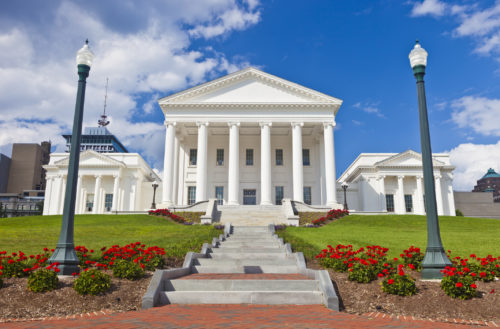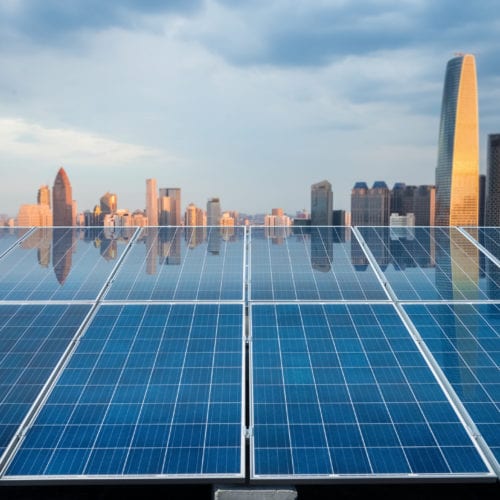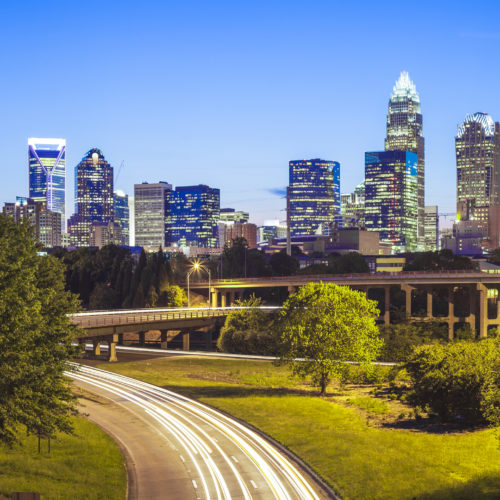The State Capitol Building In Richmond, Virginia Was Built In 1788. [url=file_closeup.php?id=6427966][img]file_thumbview_approve.php?size=1&id=6427966[/img][/url] [url=file_closeup.php?id=8214116][img]file_thumbview_approve.php?size=1&id=8214116[/img][/url] [url=file_closeup.php?id=7161292][img]file_thumbview_approve.php?size=1&id=7161292[/img][/url] [url=file_closeup.php?id=6351149][img]file_thumbview_approve.php?size=1&id=6351149[/img][/url] [url=file_closeup.php?id=6986022][img]file_thumbview_approve.php?size=1&id=6986022[/img][/url] [url=file_closeup.php?id=7789722][img]file_thumbview_approve.php?size=1&id=7789722[/img][/url] [url=file_closeup.php?id=17440304][img]file_thumbview_approve.php?size=1&id=17440304[/img][/url] [url=file_closeup.php?id=17429973][img]file_thumbview_approve.php?size=1&id=17429973[/img][/url] [url=file_closeup.php?id=17342895][img]file_thumbview_approve.php?size=1&id=17342895[/img][/url] [url=file_closeup.php?id=18006962][img]file_thumbview_approve.php?size=1&id=18006962[/img][/url] [url=file_closeup.php?id=17426783][img]file_thumbview_approve.php?size=1&id=17426783[/img][/url] [url=file_closeup.php?id=17342998][img]file_thumbview_approve.php?size=1&id=17342998[/img][/url] [url=file_closeup.php?id=17362606][img]file_thumbview_approve.php?size=1&id=17362606[/img][/url] [url=file_closeup.php?id=17426393][img]file_thumbview_approve.php?size=1&id=17426393[/img][/url] [url=file_closeup.php?id=19230567][img]file_thumbview_approve.php?size=1&id=19230567[/img][/url] [url=file_closeup.php?id=18529454][img]file_thumbview_approve.php?size=1&id=18529454[/img][/url] [url=file_closeup.php?id=17362694][img]file_thumbview_approve.php?size=1&id=17362694[/img][/url] [url=file_closeup.php?id=19291611][img]file_thumbview_approve.php?size=1&id=19291611[/img][/url] [url=file_closeup.php?id=20245120][img]file_thumbview_approve.php?size=1&id=20245120[/img][/url] [url=file_closeup.php?id=20460894][img]file_thumbview_approve.php?size=1&id=20460894[/img][/url]

The Clean Economy Act Is a Breakthrough for Virginia and the South
With the enactment of the Virginia Clean Economy Act, signed into law by Governor Ralph Northam this past Sunday, Virginia has become the first state in the American South to commit to 100 percent zero-carbon electricity. This is a big step forward for a state where laws and regulatory hurdles have previously created serious challenges and limitations for deploying renewable energy.
Until last Sunday, Virginia, like many states in the American South, did not have any binding clean energy target. And this move to a 100 percent mandate is a particularly big deal given that the few renewable portfolio standards that have been passed in the region were typically much less ambitious than those in the West, Northeast or even the Midwest.
Compounding this situation, local governments, businesses, and other entities faced hurdles in purchasing renewable energy for themselves, such as constraints on the amount of on-site solar that could be installed in any utility’s service territory.
This has now all dramatically changed.
The Virginia Clean Economy Act provides a breakthrough for the many entities throughout the state that have been striving to transition to clean energy. In addition to lifting key constraints on solar installations, local governments, businesses, and others will now have the opportunity to support and collaborate with their local utilities in their shared goals of achieving 100 percent clean energy.
With the country’s attention largely focused on the COVID-19 pandemic, enactment of this law amid the ongoing crisis provides a reminder that the climate crisis remains on the horizon despite COVID-19. It is also a reminder that, where possible, policy makers can and should continue to take steps to address this longer-term threat, particularly as they create plans for stimulus and recovery efforts to build a more resilient and healthy society.
Virginia’s Clean Energy Transition Leadership
The Clean Economy Act makes Virginia the ninth US state or territory to mandate a move to 100 percent clean electricity. Passed by the Virginia Legislature in March, the act sets a 2050 deadline for achieving a zero-carbon grid. Utilities Dominion Energy and Appalachian Power are required to be 100 percent carbon-free by 2045 and 2050 respectively. The law is even more aggressive in phasing out coal, requiring closure of nearly all coal-fired plants in the state by the end of 2024.
The transition to clean energy will include energy efficiency requirements, a cap-and-trade program, offshore wind generation, and solar and distributed energy generation. In parallel, the act will also fund job training and renewable energy programs in historically disadvantaged communities.
“Virginia is a prime example of the bottom-up climate leadership around the country being demonstrated by a growing number of cities, states, utilities, and other subnational entities, as documented in the Accelerating America’s Pledge report,” explains Wendy Jaglom, manager for the America’s Pledge initiative at Rocky Mountain Institute. “While we wait for federal leadership on climate, this is exactly the kind of expanded ambition and commitment needed to build the foundation for a comprehensive, all-in climate strategy that gets us on a path in line with the goals of the Paris Agreement.”
Impact on Virginia
Until now, Virginia laws and regulations have created numerous challenges and limitations for procuring renewable energy in the state. Aside from a few exceptions, customers are required to purchase their electricity directly from a handful of utilities operating in the state. However despite wind and solar being the cheapest form of new generation in the United States, the renewable energy programs and offerings that the utilities have created consistently came at a premium to electric bills. In addition, previous state laws also placed a cap on the amount of renewable energy that could be implemented within the state, relegating these renewable options to small, pilot programs.
These laws and regulations restricted Virginia cities, counties, and businesses from accessing renewable energy procurement and financing options that are available in other states. Local governments had been particularly frustrated in trying to achieve the renewable energy commitments they had made to their residents under the previous status quo in Virginia.
In 2019, seeking guidance on how to navigate the challenges posed by Virginia’s state laws, a coalition of cities and counties in the state called the Virginia Energy and Sustainability Peer Network (VESPN) sought out assistance from the American Cities Climate Challenge Renewables Accelerator, an initiative co-led by Rocky Mountain Institute and World Resources Institute. Over two days, 12 cities came together to learn about the existing options available to them to meet the aggressive renewable energy goals set by their mayors while also fostering relationships to spur future collaboration.
“Cities and counties throughout Virginia have been leading the charge to bring renewables to their communities. These ambitions were evident at a workshop our Renewables Accelerator team held for local governments in the state last year on how to advance their goals despite limitations posed by state laws,” explained Rushad Nanavatty, principal for Rocky Mountain Institute’s City Renewables Accelerator initiative.
The Clean Economy Act will open up new opportunities for these local governments to work in tandem with utilities on statewide decarbonization while also making progress towards their renewable energy goals. The expansion of net-metering programs, an increase in the maximum system size of on-site renewable projects, and a higher cap on third-party ownership will allow more customers to procure renewables with enhanced economics and less risk.
“This new mandate will be a game-changer. The existing momentum at the local level will be accelerated, and our team stands ready to assist communities with the new pathways that will now be available to them,” said Nanavatty.
The Climate Crisis and the COVID-19 Pandemic
Even as the COVID-19 crisis spreads across the globe and we collectively struggle with the unprecedented challenges it poses, the climate crisis remains on the horizon. COVID-19 is tragically demonstrating just how vulnerable our society and economy are to massive disruptions and, if the planet is allowed to continue warming on its current trajectory, these types of global catastrophes will become more frequent and dangerous. As such, while responding to the current crisis is paramount, Virginia should be commended for its efforts to continue addressing this slower-moving source of risk.
Moreover, this is a smart move for the state’s future economy and the welfare of its population. By setting clear targets for the private sector, the state will bring in new jobs and the clean tech industries of the future. In addition, by dramatically reducing fossil fuel usage, the state will improve its local air quality and reduce dangerous particulate emissions. Finally, by supporting more local renewable energy sources and energy storage, the state will make its electric grid more resilient in the face of future hurricanes, supply disruptions, or other crises.
The rest of the country should take note of Virginia’s example and look for opportunities to move forward towards a more robust, resilient, and secure future. The ongoing and future stimulus and recovery efforts present an unprecedented opportunity to simultaneously address the COVID crisis and the climate crisis. Directing resources towards creating the economy of the future through investments in renewable energy and other technologies of the future can provide a wealth of benefits for the economy, the environment, and our communities while also making our society more resilient to future crises.

